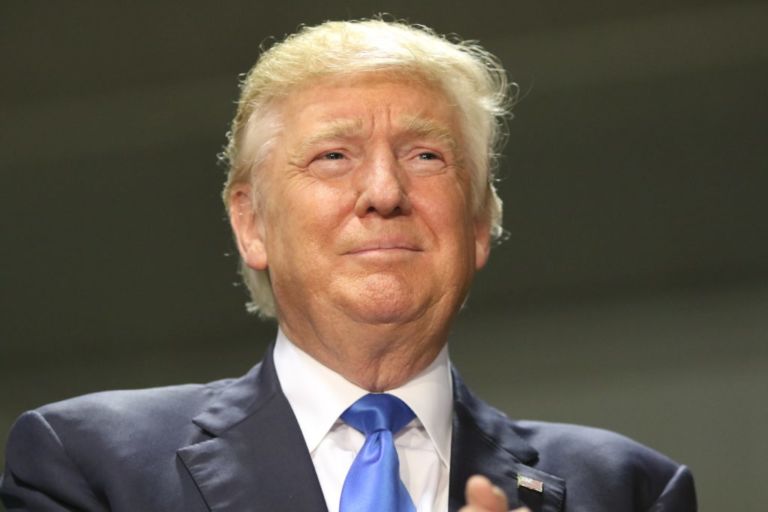Charles Cooke of National Review Online reminds readers that no one has cast a vote yet in the 2024 presidential election.
It has occurred to me lately that the existential dread that I feel each and every time I read Donald Trump’s primary polling is, in an important sense, contrived. By word and by deed, Trump and his team have made it clear that they intend to cast Trump’s return as an inevitability and thereby to clear the field of his strongest challengers before some of them even declare. Which is all well and good, but that . . . well, that takes two to be effective, doesn’t it? Anyone can pronounce himself inevitable. The important question is whether the audience believes him when he says it.
Do I believe that Donald Trump is inevitable? Actually, I do not. But suppose that I did. What, exactly, would giving in to that conclusion achieve, beyond helping to guarantee that it came true? To despair is to give up. It is to abdicate. It is to remove oneself willingly from the field. Despair yields nihilism. It inspires nonchalance. It breeds torpor. And into the vacuum step the giddy survivors. At present, Trump and his acolytes are keen to insist that the primaries are already over. But they don’t feel over, do they? And those who contend otherwise do not sound convinced by their own rhetoric. “Being powerful,” Mrs. Thatcher once observed, “is like being a lady. If you have to tell people you are, you aren’t.” The same might be said of contested elections. If you have to cajole people into considering you unstoppable, you probably aren’t.
Which is all to say that to treat Donald Trump’s nomination as a foregone conclusion is to ignore the substantial evidence to the contrary, to reject the very notion of political persuasion, and to conceive of the game as Trump does: as nothing more than a contest of belligerence.


